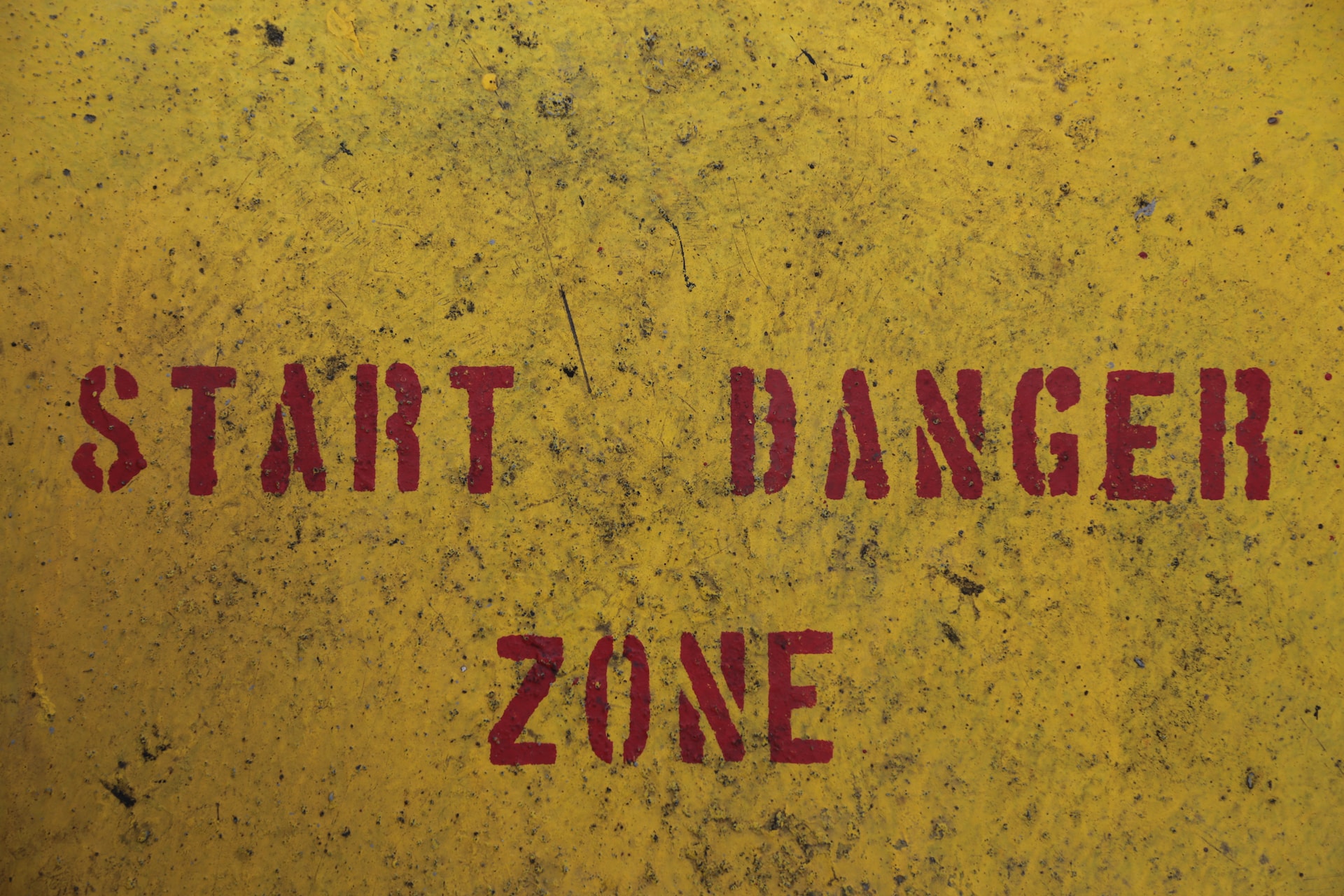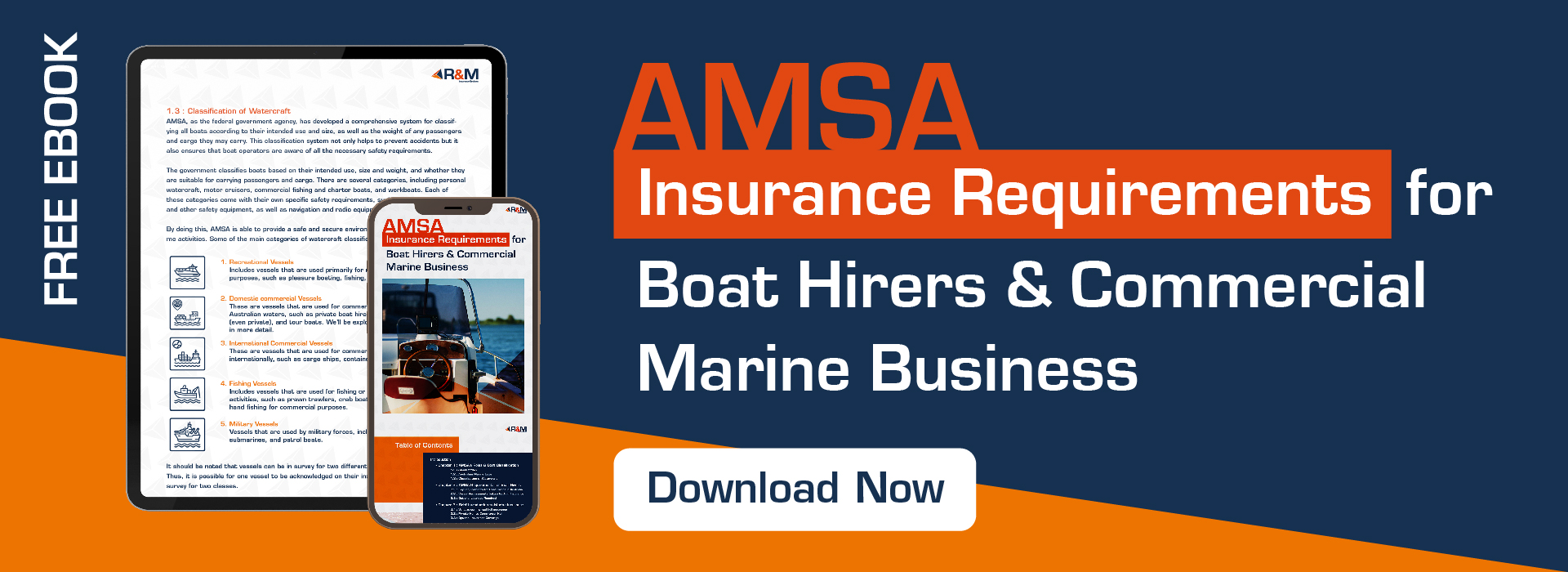
Managing risks is a crucial aspect of running a successful marine business. From unpredictable weather conditions to potential accidents, there are various risks that can impact your operations, finances, and reputation. Today, we will explore the importance of risk management for your marine business and provide valuable insights on how to effectively identify, assess, and mitigate risks.
By implementing proactive risk management strategies, you can safeguard your business, ensure the safety of your employees and customers, and protect your assets, ultimately setting the foundation for long-term success in the marine industry.
Here are some steps to help you get started:
1. Identify & Assess Risks
To start, you can conduct a comprehensive risk assessment to identify potential hazards and vulnerabilities specific to your marine business. This may include risks related to vessel operations, employee safety, environmental impacts, regulatory compliance, and financial exposures. This first step allows you to get a better understanding of what risks your business is mostly facing and what to prioritise.
2. Develop Risk Management Strategies
Once you have identified the risks, develop strategies to mitigate and manage them effectively. This may involve implementing safety protocols, training programs, preventive maintenance schedules, and emergency response plans. It’s also helpful to establish a risk management objective that aligns with your business goals and priorities. For example, you may aim to minimise accidents and injuries, ensure regulatory compliance, reduce financial losses, or protect the environment.
3. Obtain Appropriate Insurance Coverage
It’s important to work with a reputable marine insurance provider or broker to assess your specific insurance needs and secure appropriate coverage. Some policies such as commercial hull insurance, P&I insurance, workers’ compensation insurance might be necessary depending on the nature of your marine business. Getting protection can really help alleviate risks and ensure business continuity.
4. Implement Safety Protocols & Procedures

To manage risks, establish clear and robust safety protocols and procedures that address risks associated with vessel operations, equipment usage, employee safety, and environmental protection. Ensure that your staff are adequately trained on these protocols and that they are consistently followed.
5. Foster a Risk-Aware Work Culture
Promote a culture of risk awareness and accountability within your marine business. You can encourage employees to report potential risks or incidents and provide them with the necessary tools and resources to do so. It’s even better to communicate and reinforce the importance of risk management across all levels of the organisation.
6. Regular Maintenance & Inspections
Perhaps one of the best ways to mitigate and reduce risk is through proper vessel maintenance Implement a proactive maintenance program for your vessels and equipment to prevent breakdowns and minimise the risk of accidents. Be sure to conduct regular inspections to identify any potential issues and address them promptly.
7. Comply with Regulations & Industry Standards

It is useful for you to keep up to date with local maritime regulations, industry standards, and best practices. Compliance with these guidelines is essential because they outline safety precautions that aim to reduce chances of accidents and breakdowns. Non-compliance not only damages your business credibility but also increases the level of risk of your marine operations.
8. Continuously Review Risk Management Strategies
Finally, it’s wise to regularly monitor and review your risk management strategies to ensure their effectiveness. Keep identifying areas for improvement and make necessary adjustments as your business evolves. Conduct periodic risk assessments to identify new or emerging risks so you can address them proactively and timely.
Conclusion
Managing risks is an essential aspect of operating a successful marine business. By identifying, assessing, and mitigating potential risks, you can protect your business, assets, employees, and customers. Effective risk management allows you to anticipate and prepare for potential challenges, minimise disruptions to your operations, and maintain a safe and secure environment. It also instils confidence in your stakeholders, including clients, partners, and insurance providers, showcasing your commitment to responsible business practices.
Risk management is an ongoing process that requires continuous monitoring and adaptation to evolving circumstances. By implementing robust risk management strategies and fostering a culture of safety and preparedness, you can navigate the uncertainties of the marine industry and position your business for long-term success.

